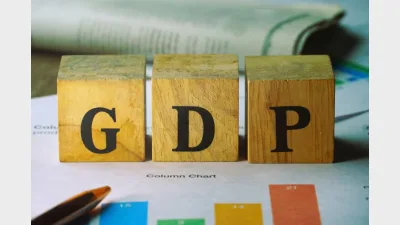BNP Paribas launches ESG risk analytics



BNP Paribas Securities Services has launched ESG Risk Analytics, a new solution aimed at helping their clients integrate environmental, social and corporate governance (ESG) factors into their investment decisions.
The new tool, which is also a part of BNP Paribas corporate and institutional banking's digital strategy, is expected to provide a breakdown of how well clients' investments and benchmarks rate against ESG factors such as carbon emissions and energy usage, human rights and community relations, or broad diversity and shareholder rights.
According to BNP Paribas, it would evaluate up to 750 ESG data points for each company and subsequently this data would be used to analyse clients' portfolios providing an overall ESG score.
Also, ESG Risk analytics would offer clients a deep analysis, breaking down their portfolio to country, sector and individual security level.
General manager of BNP Paribas Securities Services, Patrick Colle, stressed that ESG was becoming an essential part of the investment decision-making process while a new tool would help institutional investors overcome obstacles.
"Putting an ESG-aware investment strategy into practice can prove difficult, with data gathering and analysis presenting some of the most testing challenges.
"Managing this data, analysing it and presenting it in a clear, concise and easily digestible way is the core of what the ESG risk analytics solution provides for clients," he said.
Recommended for you
Superannuation industry bodies have warned the prudential regulator that some of the more rigid proposals in its Governa...
IFM has firmly opposed any push for publicly disclosing current valuations of private market assets, saying it would “damage the financial interests of investors” and reduce appetite for infrastructure and private business investment.
Subdued GDP figures have bolstered expectations that the RBA could cut rates sooner and, possibly more aggressively, market watchers say.
Australian institutional investors plan to keep their finger on the pulse of private markets, new data has shown, with local investors aiming to further expand allocations into the sector.









